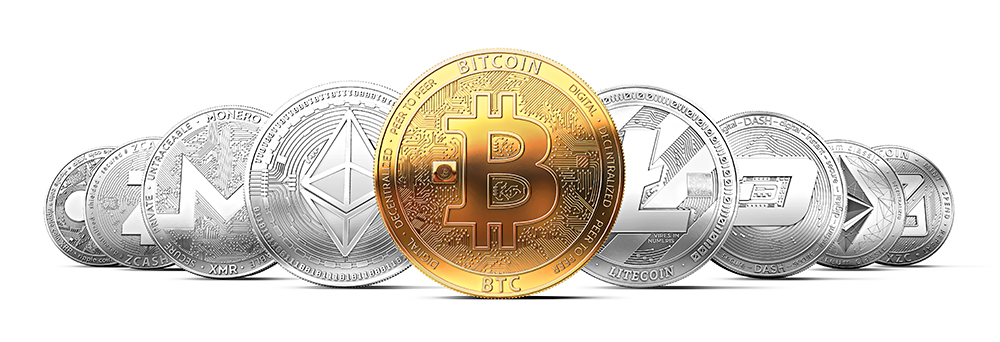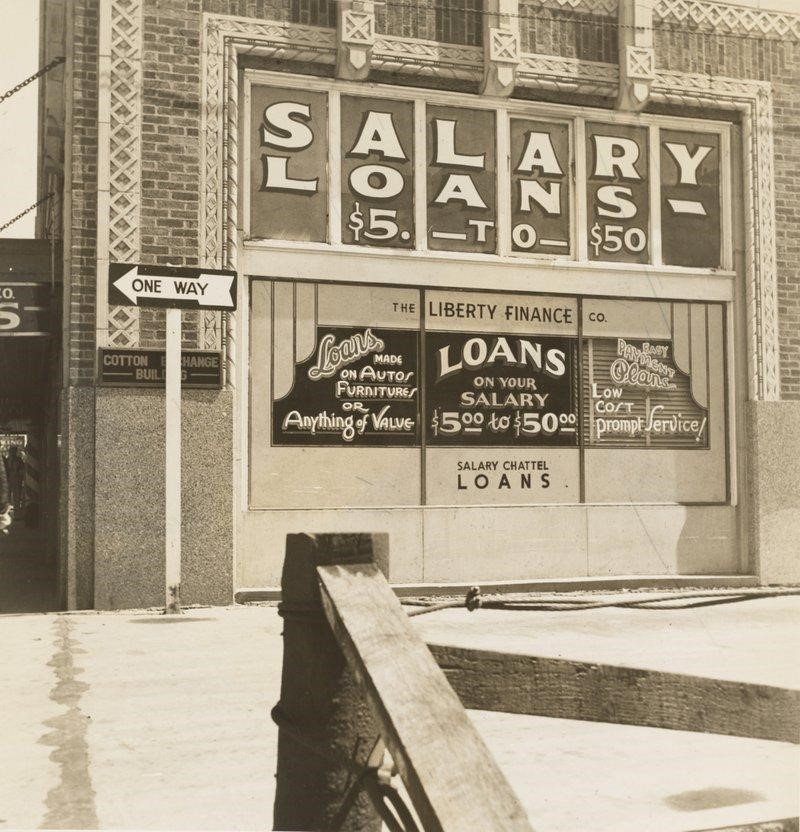Hard Money Vs. Bank Money In Florida
When it comes to real estate, new investors and buyers should look at hard money vs. bank money in Florida. Many people are used to the traditional route of applying to the bank for a mortgage.
However, rather than just looking at bank money in Florida, there are options for borrowing from hard money lenders. So, what are the differences between hard money and bank money in Florida? It’s worth taking a closer look to determine which one might suit your needs best.
The Difference Between Hard Money and Bank Money in Florida
When you approach a traditional lender such as a bank, they will examine your application based on three main things:
- Credit: Your credit score and your history of making payments.
- Ability to pay off this current loan – your earnings and assets.
- They have stringent regulations and in order to get your hands on bank money, you need to meet those.
When you approach a hard money lender, they don’t have as much interest in your credit rating or history. They are vaguely interested in your capacity to pay off the loan. They will zero in on one main thing – an asset that will be the security. The number one difference between a hard money lender and getting bank money in Florida, is that the bank won’t let you use the property you’re buying as collateral, but the hard money lender is only interested in that.
What Else?
Length of Time to Close the Loan:
It’s no secret that banks take their time processing loans. This is due to the regulatory bodies that they have to abide by. Every box must be ticked, every document scrutinized and this takes time. This means that it usually takes a bank about 3 – 6 months to assess an application, and that can feel like a very long time, particularly in real estate. As Ray Brown said “The best time to buy a home is always five years ago,” and in a market that changes rapidly, waiting any length of time is just affecting your investment.
If you go for a hard money loan, you can get it in anywhere from just a few days to a few weeks, at most. If you’re buying to flip real estate, which happens regularly in Florida, time is of the essence. Tampa-St. Petersburg, Florida had the 4th highest flipping rate in the country in 2018 at 8.2%.
Interest Rates:
If you’re looking for low-interest rates, then bank money is the winner. One of the reasons that banks can offer lower interest rates is because their risk is much lower. The length of time of the loan will also be far longer, more like 10 – 30 years in comparison to a hard money loan. Current bank interest rates stand around 3.45% for a 15-year fixed mortgage. With a hard money loan, you will have a much shorter term, with much higher interest – probably around 30% of the value upwards.
Property Types:
Most traditional bank loans for real estate focus on single-family homes and some commercial properties. On the other hand, hard money loans can be used for bridge loans, construction loans, and mixed-use property loans. If you are investing or looking at something that isn’t conventional, then hard money wins here against bank money.
Regulations
The big difference between getting a hard money loan versus a bank money loan is down to regulations. Traditional banks and lenders are licensed, whereas not all hard money lenders are. This is because they are private individuals or companies with their own money.
Recently, Governor Rick Scott vetoed House Bill 747, which would have made it a huge challenge for hard money lenders to operate in the state and in fact would have damaged the housing market. According to Adam Millsap at the Charles Koch Institute, “Florida’s population is increasing rapidly, but the housing supply is not keeping up.”
Since the Great Recession, banks have moved towards standardized products and not thinking outside the box when it comes to lending, and this can push many people beyond the qualification levels needed for loans.
Which is Best – Hard Money or Bank Money?
If you want the safety and security of a long-term loan with low interest and can meet a bank’s requirements, then bank money is the way to go. If you need more flexibility or need money fast for a good investment, then hard money should be right up your street. Whatever is best for one person may not be for another, so it’s up to you to make the final decision.
Resources:
https://www.flgov.com/wp-content/uploads/2017/06/HB-747-Veto-Letter.pdf
https://www.attomdata.com/news/most-recent/2018-year-end-u-s-home-flipping-report/
.center_container #informationFacilitiesContainer h1 { color: !important; }.tms-card-container h2, #categoryFacilitiesContainer h2 { color: !important; }.tms-button { background-color: !important; }.center_container #categoryFacilitiesContainer #categoryCardContainer .col .card-title { color: !important; }.pagination-container .pagination li a { color: !important; }.center_container #browsingFacilitiesContainer h1 { color: !important; }.center_container .tms-card-container #facilityCardContainer .card-title { color: !important; }browsingFacilitiesContainer html a { color: !important; }.qa-decor-border-red { border-bottom: 3px solid !important; }

















